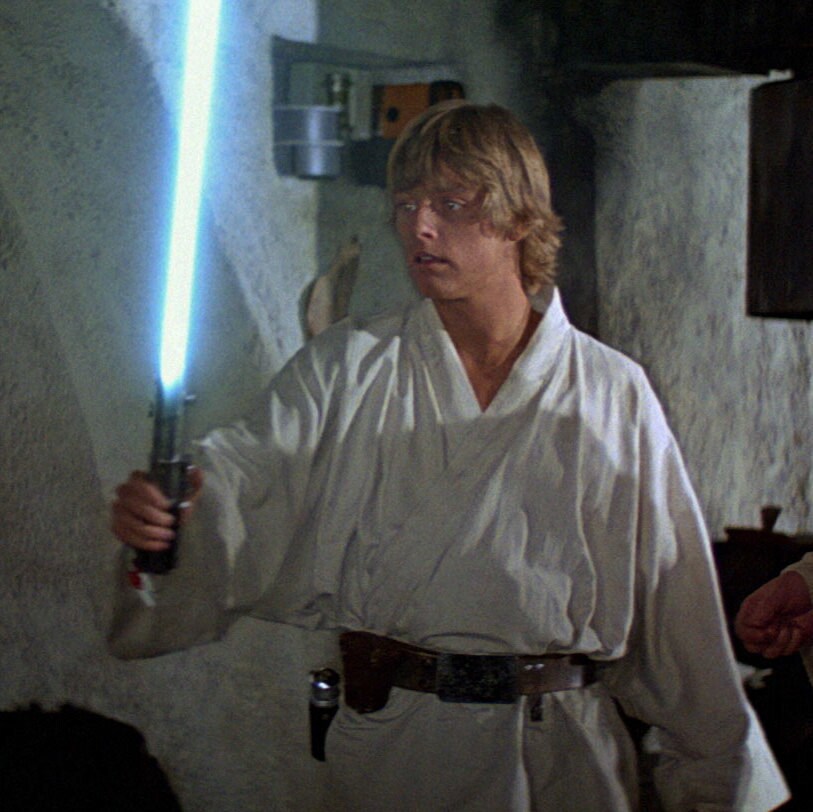I was listening to Dan Carlin’s podcast and he interviewed the author last week and it was pretty interesting so I bought it and read it. It was hard to put down but in a horrifying way.
The author interviewed hundreds of officials and members of the military and created a hypothetical scenario about what she learned.
It’s an unbelievable read if that subject interests anyone.
You may lose a little sleep after reading it. The part concerning our ballistic missiles and their inability to transit to North Korea without flying over Russia was pretty shocking.
It’s somewhat hilarious that we live in such a world where this scenario is a realistic possibility and everyone just shrugs and is cool with it.
I highly recommend the book though.
The author interviewed hundreds of officials and members of the military and created a hypothetical scenario about what she learned.
It’s an unbelievable read if that subject interests anyone.
You may lose a little sleep after reading it. The part concerning our ballistic missiles and their inability to transit to North Korea without flying over Russia was pretty shocking.
It’s somewhat hilarious that we live in such a world where this scenario is a realistic possibility and everyone just shrugs and is cool with it.
I highly recommend the book though.




